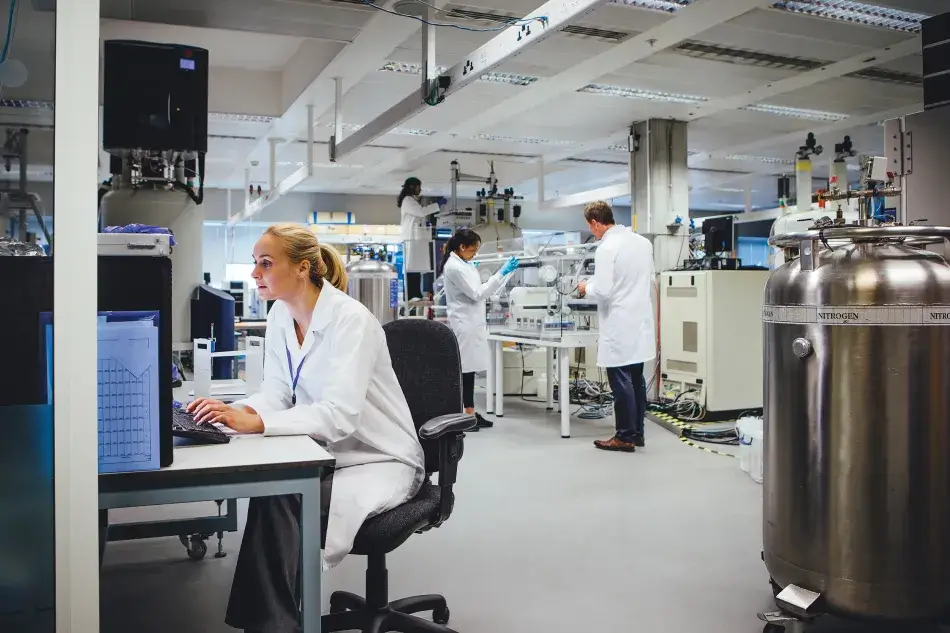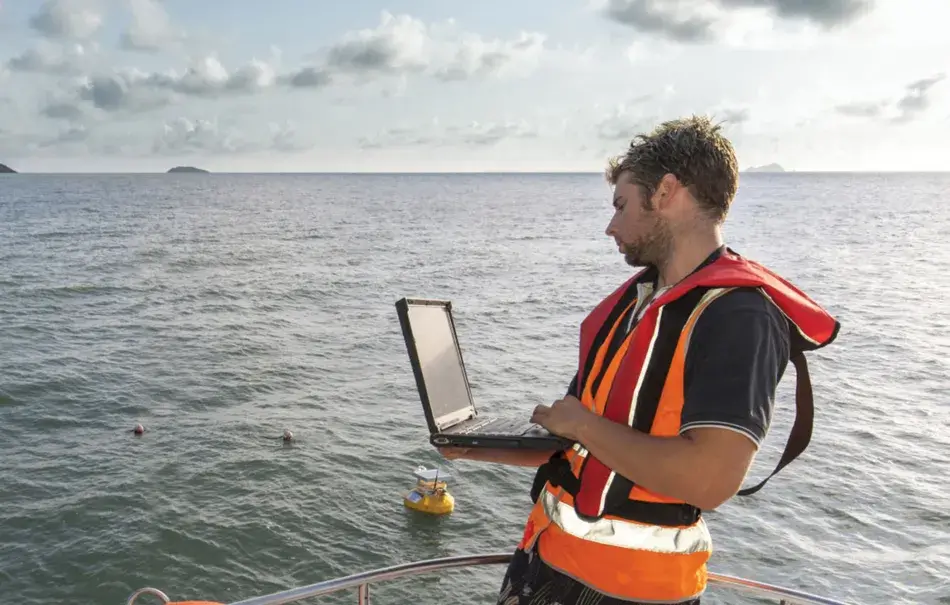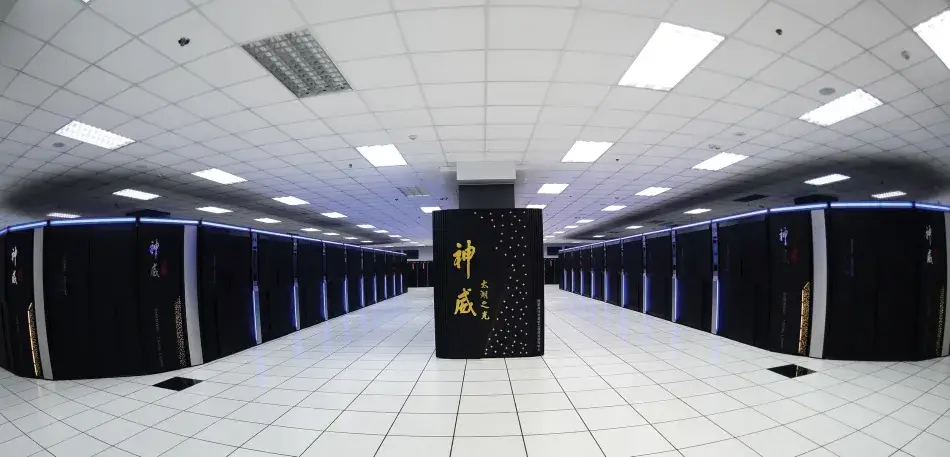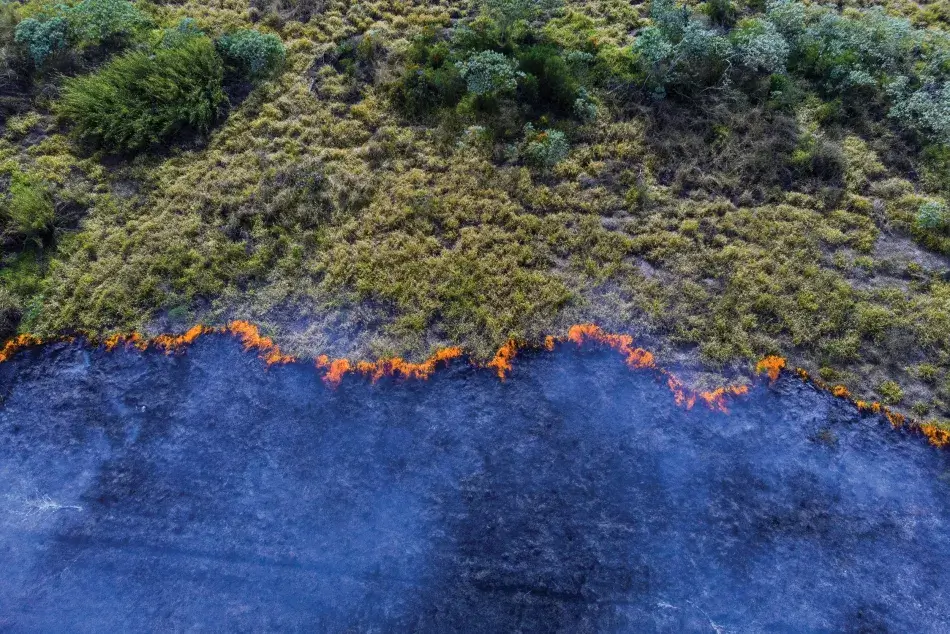
Projects in Science, Engineering, and Technology seek to strengthen the capacity of science and engineering to improve the human condition. This goal has never been more important. Global challenges increasingly require collaboration across disciplinary, professional, and national boundaries, while advances in information processing and transmission raise issues for both the management of scientific and technical information and for the ability of individuals and institutions to assimilate and act on new discoveries.
Drawing on the expertise of its membership and outside experts, Academy studies in Science, Engineering, and Technology analyze the impact of advances in these areas and develop policy recommendations that are made available to government, academia, nongovernmental organizations, and the private sector. Activities focus on increasing public understanding of current research and technological change, and on helping society adapt effectively and make meaningful use of new scientific and technical knowledge. Areas of interest include U.S. productivity in science and engineering; public understanding of, and trust in, science; strengthening U.S. participation in international scientific collaboration; and climate change policy.
Program Advisory Committee
CHAIRS
Alan Leshner
formerly, American Association for the Advancement of Science
Geraldine L. Richmond
University of Oregon
MEMBERS
Nancy C. Andrews
Duke University School of Medicine
Mary Beckerle
University of Utah
Arthur Bienenstock
Stanford University
Emery Brown
Massachusetts Institute of Technology; Harvard Medical School; Massachusetts General Hospital
Claude Canizares
Massachusetts Institute of Technology
David D. Clark
Massachusetts Institute of Technology
Wayne Clough
Georgia Institute of Technology
Robert Horvitz
Massachusetts Institute of Technology
Leah Jamieson
Purdue University
Cora Marrett
National Science Foundation
James Simons
Simons Foundation
Jeannette Wing
Columbia University
Project
The Public Face of Science

The Academy’s multiyear initiative on the Public Face of Science addresses various aspects of the complex and evolving relationship between scientists and the public and examines how trust in science is shaped by individual experiences, beliefs, and engagement with science. Additional project activities have included published work on the role of science in the legal system and the coordination and deployment of scientific teams as part of crisis response.
The initiative has brought together a broad range of experts in communication, law, humanities, the arts, journalism, public affairs, and the physical, social, and life sciences. While this project does not directly address scientific literacy in K-12 and adult education, it will inform such efforts by fostering a greater understanding of the public’s attitudes toward science.
The third and final project report of the initiative, entitled The Public Face of Science in America: Priorities for the Future, presents a series of proposed policy recommendations for target audiences to improve the practice of science communication and engagement. This report was informed by the findings of the earlier publications of the initiative, Perceptions of Science in America and Encountering Science in America, which aggregated data both on how Americans view the role of science in society and how they interact with science in their everyday lives.
Project Chair
Richard Meserve
Covington & Burling LLP; formerly, Carnegie Institution for Science
Project Publications
Perceptions of Science in America (2018)
“Science & the Legal System,” Dædalus, edited by Shari Seidman Diamond & Richard O. Lempert (2018)
Encountering Science in America (2019)
Science During Crisis: Best Practices, Research Needs, and Policy Priorities, Rita R. Colwell & Gary E. Machlis (2019)
The Public Face of Science Across the World, Matthew C. Nisbet & Erik C. Nisbet (2019)
The Public Face of Science in America: Priorities for the Future (2020)
Funders
Gordon and Betty Moore Foundation
Rita Allen Foundation
Alfred P. Sloan Foundation
Project
Challenges for International Scientific Partnerships

The Academy study on Challenges for International Scientific Partnerships (CISP) examines impediments to collaborations between scientific researchers of all scales and identifies potential policy changes and best practices that could make the United States a better partner in international science partnerships. With guidance from its Steering Committee, the project pursues two major streams of work.
First, a working group on Large-Scale Science approaches international collaborations through the lens of issues particular to large-scale collaborations and not peer-to-peer or small-scale international work. This group has been tasked with exploring how the United States can enhance its role in these partnerships, both in physical facilities (e.g., the European Organization for Nuclear Research, or CERN) and distributed networks (e.g., the Human Cell Atlas). This group is developing a series of best practices and fundamental principles for these types of collaborations and will aim to articulate these to U.S. government agencies and congressional branches through a forthcoming report to better position the United States as a meaningful and engaged partner.
Through advice from the Steering Committee, the project has sought a second stream of work on U.S. collaborations with Emerging Science Partners. This working group is exploring issues particular to U.S. scientific collaborations, at all scales, with countries seeking to boost their scientific capacity, particularly those with limited resources to do so. The group prioritizes identifying and examining difficult issues facing resource-limited researchers, such as the challenges facing women researchers in the developing world, and will articulate a series of recommendations to aid in strengthening collaborations and making them more mutually beneficial.
Project Chairs
Arthur Bienenstock
Stanford University
Peter Michelson
Stanford University
Large-Scale Science Working Group Chairs
Arthur Bienenstock
Stanford University
Peter Michelson
Stanford University
Emerging Science Partners Working Group Chairs
Shirley Malcom
American Association for the Advancement of Science
Olufunmilayo Olopade
University of Chicago Medicine
Project Publication
America and the International Future of Science (2020)
Funders
Gordon and Betty Moore Foundation
William and Flora Hewlett Foundation
Alfred P. Sloan Foundation
Project
New Models for U.S. Science & Technology

This project assembled recognized leaders from all sectors of science, engineering, and technology to recommend policy actions to help ensure the long-term sustainability of the U.S. science and engineering research enterprise. Scientific and technological advances are fundamental to the prosperity, health, and security of America. Innovation and rapid integration of new knowledge and technologies emerge from investments in research and development and rely on the partnerships between universities, federal and state governments, and industry. Staying globally competitive will require a stronger partnership and a greater focus on long-term planning in scientific and engineering research.
The Restoring the Foundation report, published in 2014, offers actionable recommendations for the long-term sustainability of the U.S. science and engineering research system to ensure a healthy research enterprise that continues to benefit the American people. An update to the report, The Perils of Complacency: America at a Tipping Point in Science & Engineering, reaffirms the importance of science and engineering for the United States, especially in the context of China’s rise as a science and technology powerhouse.
Project Chairs
Norman R. Augustine
Lockheed Martin Corporation, ret.
Neal Lane
Rice University
Project Publications
Restoring the Foundation: The Vital Role of Research in Preserving the American Dream (2014)
The Perils of Complacency: America at a Tipping Point in Science & Engineering (2020)
Funders
Bryson Science Fund
Hellman Fellows Fund
Kavli Foundation
Project
Accelerating Climate Action

The Academy seeks to launch a new Science, Engineering, and Technology initiative to focus on the current climate change situation facing our global society. The scientific consensus is clear: climate change is upon us, and its impacts will be devastating and increasingly difficult to prevent and address if we do not take action now. With such strong scientific backing across the international scientific community, what has prevented meaningful action?
The project will be developed around two key ideas, informed through a series of discussions held in the past year: 1) targeting U.S. audiences at various levels and 2) involving nontraditional disciplines in the project work, including social scientists, artists, and humanists.
The initiative will seek to further understanding of the barriers that prevent effective and collective action and propose strategies for how to overcome these barriers in order to make progress on moving productive conversations forward. It will also identify potential policies to propose to relevant U.S.-focused audiences to encourage the implementation of essential adaptation and mitigation strategies to build resiliency and prepare communities, especially those currently on the frontlines, for the inevitable climate future.